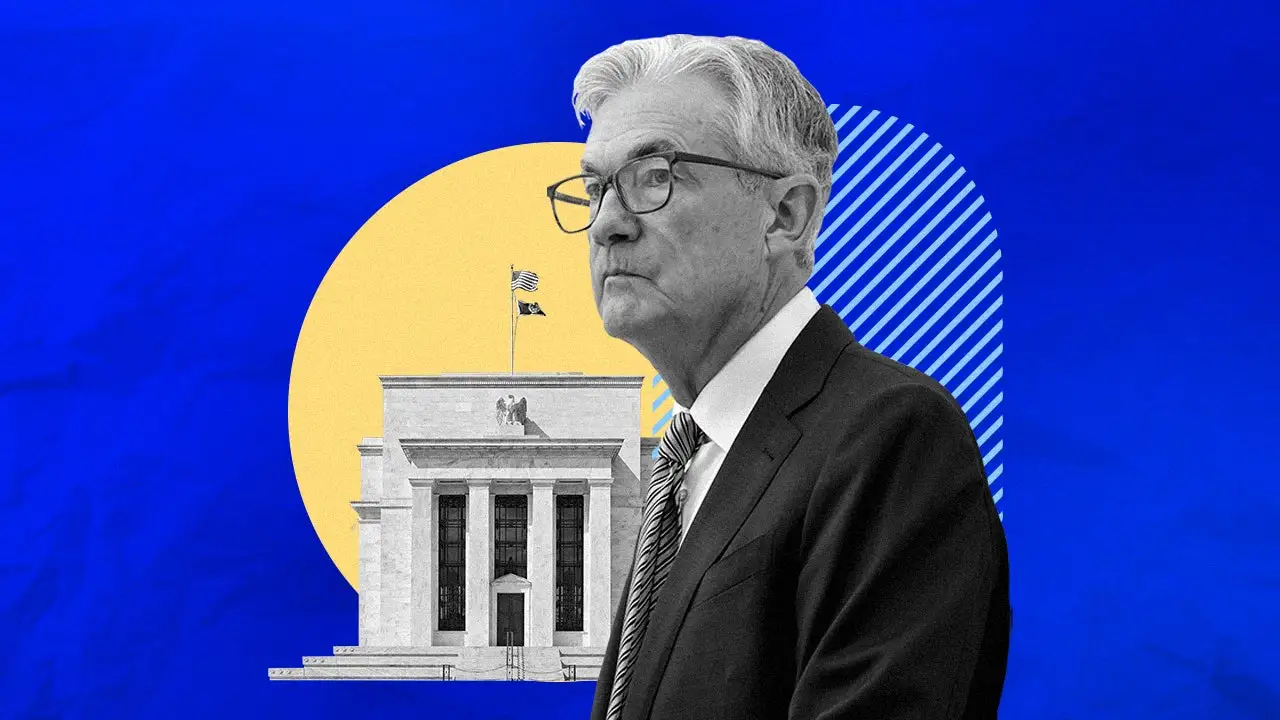Reaching 50 brings a unique clarity about life, especially finances. The experience accumulated over the years offers a fresh perspective on what truly matters. This article explores 9 habits I quit after this milestone and how this shift positively impacted my financial life and well-being.
At 50, financial life takes on a new meaning. Priorities shift, and clarity about the future becomes essential. Discover 9 habits I quit after 50 that helped me build a more fulfilling and financially secure life.
1. The Opinions of Others Lost Importance
Excessive worrying about what others think consumes energy and time. After 50, I learned to value mutual respect and empathy without being held captive by the judgment of those who don't really know me. My social circle has become smaller and more valuable, composed of people who truly matter. Focusing on genuine and meaningful relationships is liberating and contributes to a lighter, more authentic life, as we explore in How to Live a Meaningful Life: 3 Steps to Using Your Time Wisely.
2. Taking Care of My Health Became a Priority
Ignoring physical health has consequences. With the arrival of 50, I realized the importance of exercising regularly, adopting a balanced diet, and taking care of my body. Staying active and healthy is not just about aesthetics, but an investment in the future, allowing you to enjoy life with more energy and disposition. If you're looking for tips to transform your life and health, check out our article Financial Freedom: The Importance of Retiring Early and Continuing to Work on Yourself.
3. Tax Planning: A New Reality
Tax planning is not just for the wealthy. With increased assets and investments, tax complexity grows. Hiring a specialized accountant helped me optimize my taxes and understand the nuances of legislation, ensuring more efficient financial management. Planning taxes in advance minimizes stress and maximizes investment returns. To deepen your knowledge about organizing your finances, read our article How to Get Out of Debt and Build a Secure Financial Future.
4. Estate Planning: Peace of Mind for the Future
Delaying estate planning can have undesirable consequences for loved ones. Preparing a will, defining powers of attorney, and planning for estate succession provides security and peace of mind, ensuring that my assets are managed according to my wishes. This care demonstrates responsibility and affection for the people we love. This habit complements the steps to building a secure financial future, as discussed in The Path to Financial Freedom: 8 Steps to Get Out of Debt.
5. Prioritizing Self-Care
After years dedicated to raising children, I learned the importance of prioritizing my own needs. Taking care of yourself is not selfish, but rather a way to recharge your batteries and prepare for life's challenges. Self-care is essential for maintaining emotional and financial balance. For a deeper dive into this topic, read The Art of Restraint: How to Control Your Desires and Avoid Self-Destruction.
6. Long-Term Healthcare Planning
Health is a precious asset that deserves attention at all ages. Planning for healthcare, including insurance and private pension plans, guarantees access to adequate treatment in the future, minimizing the financial impact of unforeseen events.
7. Reinforced Emergency Fund
A robust emergency fund is essential to face unforeseen events without compromising financial stability. Over the years, I realized the importance of having a larger financial reserve, which provides peace of mind in times of difficulty. We recommend reading 4 Assets You Need to Never Worry About Money Again to explore other financial strategies.
8. Independence from Social Security
Social security should not be the only source of income in retirement. Diversifying investments and creating alternative sources of income guarantees greater financial security in the future, regardless of changes in public policies. If you want to know more about achieving financial freedom, check out The Path to Financial Freedom: 8 Steps to Get Out of Debt.
9. Goodbye to Comparison
Comparing yourself to others is a toxic habit that steals joy and motivation. After 50, I learned to value my own journey without worrying about the success or failure of others. The focus should be on my accomplishments and my own path, building an authentic and meaningful life aligned with my values. If you identify with this situation, read our article How Comparison is the Thief of Wealth: Build Your Financial Journey with Focus.
Conclusion: Reaching 50 is an opportunity to rethink habits and build a more fulfilling and financially secure life. By abandoning these 9 habits, I was able to focus on what truly matters: my well-being, my relationships, and my future. Financial life after 50 requires planning, prioritizing health, self-care, and long-term financial security.


